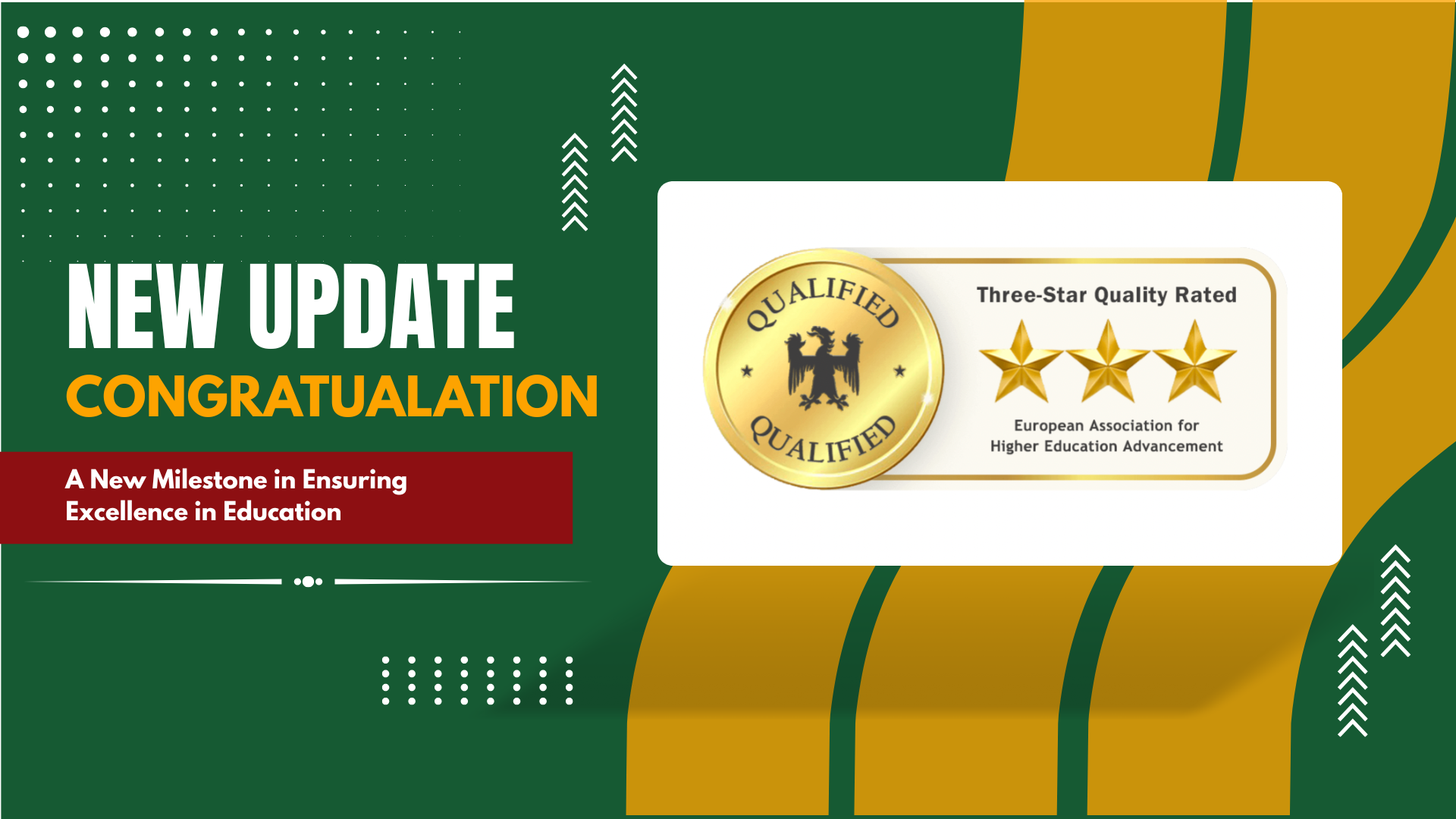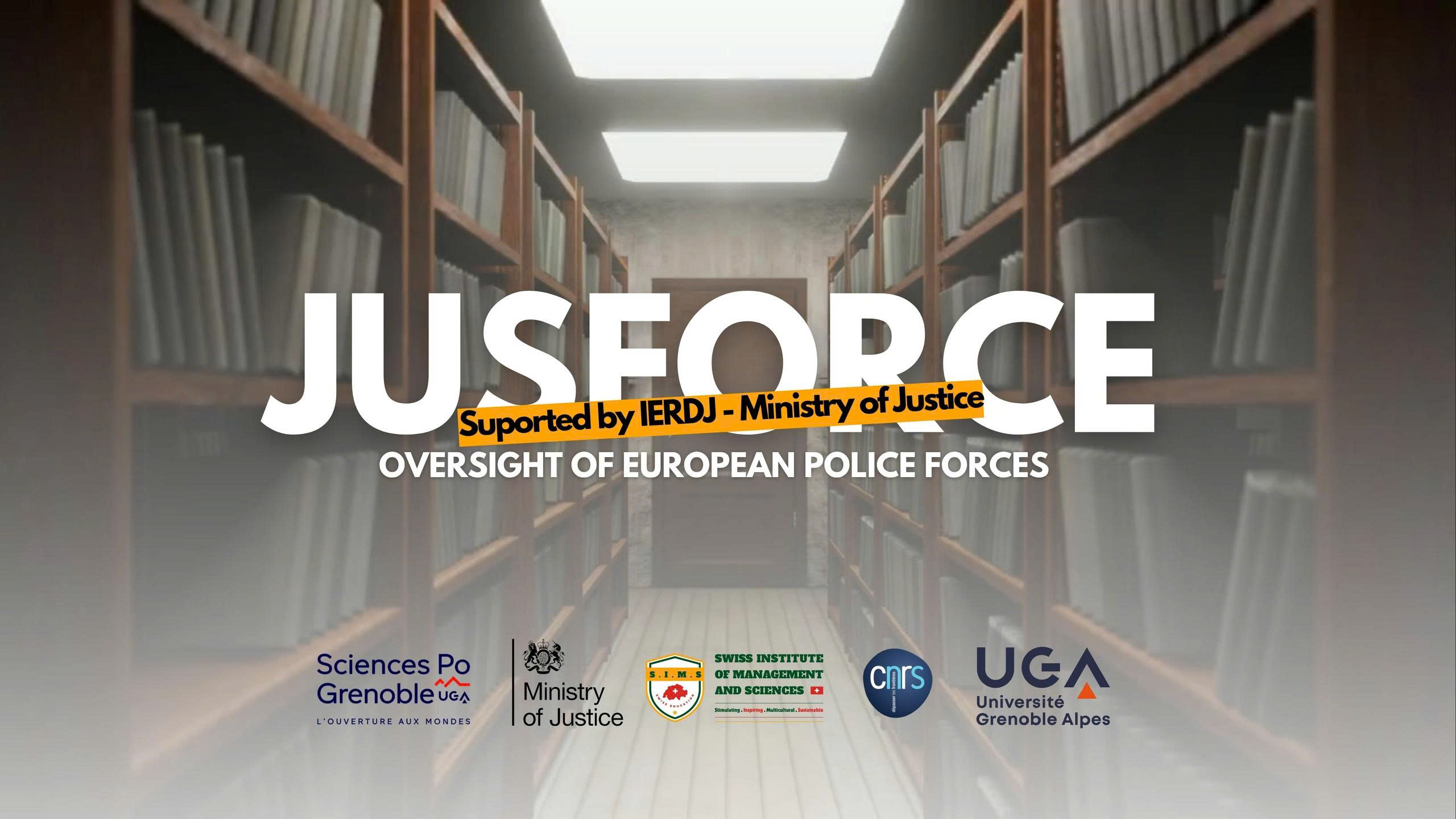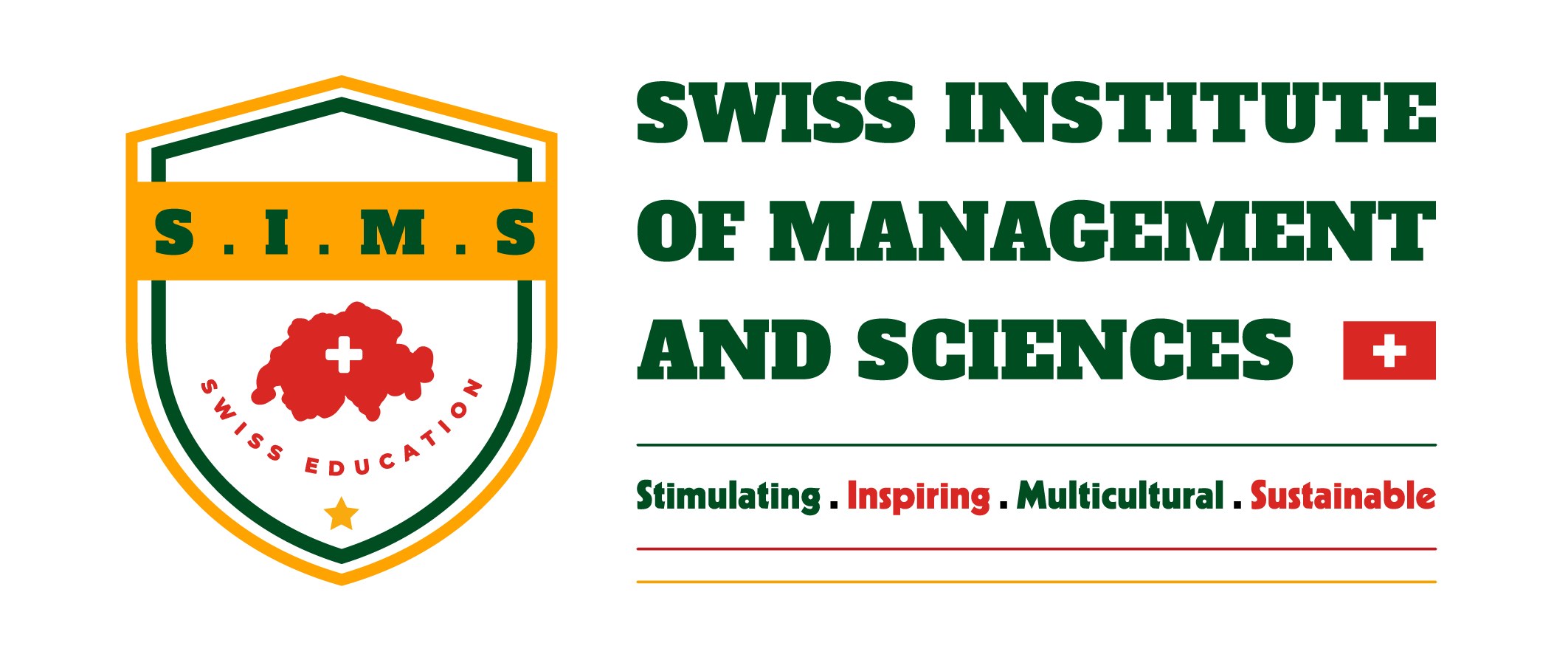The implementation of international agreements, commonly referred to as concordats by the Swiss Conference of Cantonal Ministers of Education (EDK), was a significant milestone in Swiss educational policy. The aforementioned accords have been a fundamental element of Swiss educational policy since their inception. A concordat holds legal validity for the canton that elects to enter into it, either through a parliamentary decision or a popular vote within the canton. Its implementation occurs once a specific number of cantons, as stipulated by the concordat itself, have ratified it.
The initial concordat, ratified in 1970 by the Swiss Conference of Cantonal Ministers of Education (EDK), encompassed fundamental provisions regarding mandatory schooling and possessed legal enforceability for the majority of cantons, specifically 25 out of the total 26, that chose to endorse it. Subsequently, educational policy in Switzerland has been enacted through two distinct channels: the federal constitution at the national level, and concordats at the inter-cantonal level.
Hence, in accordance with the regulations of Zug Kanton, a lawful educational institution refers to an organization that has obtained official authorization from Zug Kanton to operate, thereby ensuring its acknowledgement and obtaining comprehensive organizational and programmatic certification to guarantee the educational standards upheld by the institution.





